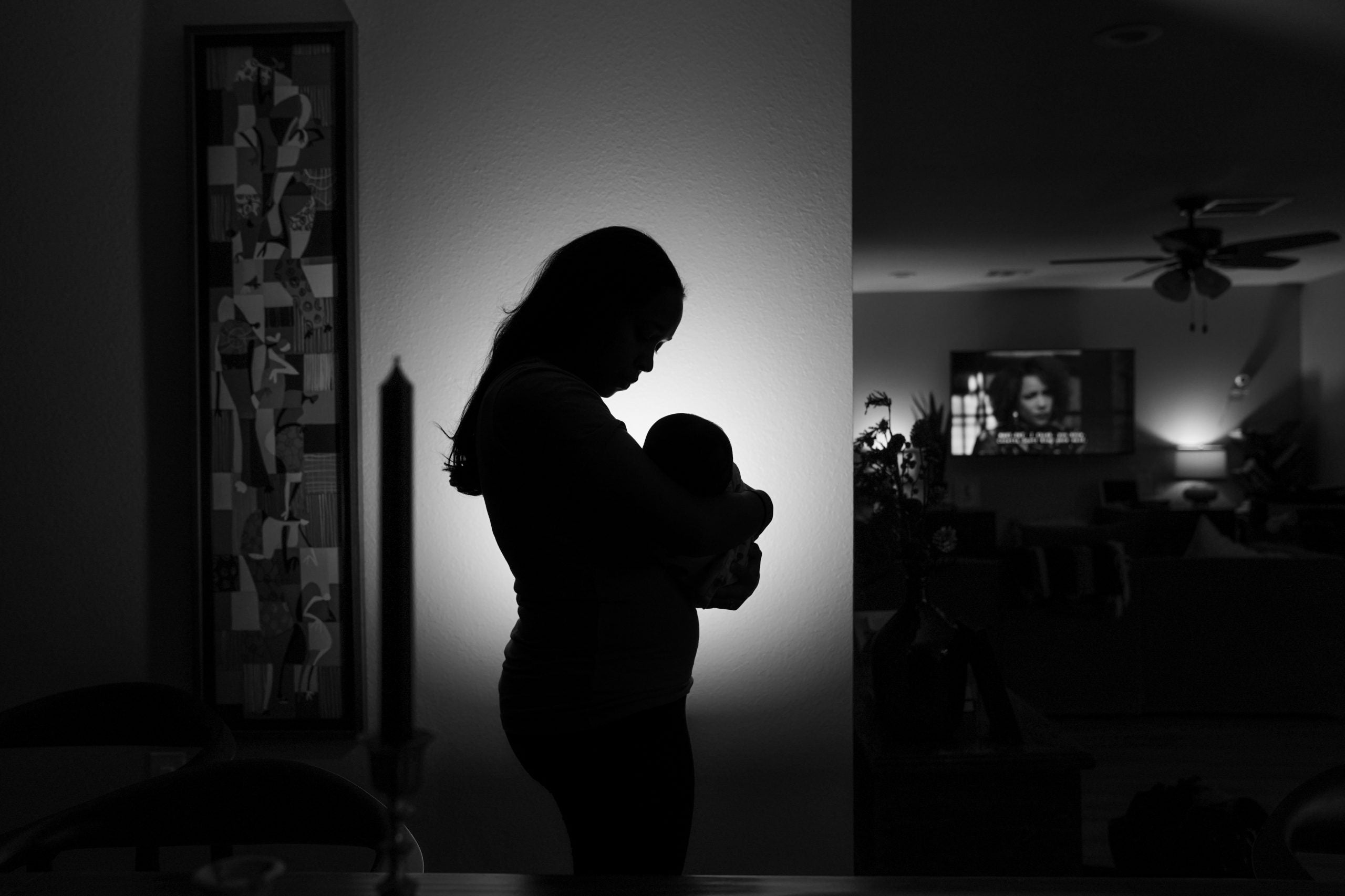The Latest March Of Dimes Report Card Shows We Need To Do Better When It Comes To Black Maternal Health

[ad_1]

The March of Dimes has released their 2023 Report Card, The State of Maternal and Infant Health for American Families. Spoiler alert: when it comes to Black women and maternal health, we can and need to do better.
For the second year in a row, the U.S. earned a D+ grade in The State of Maternal and Infant Health for American Families report released in November last year. According to the report, “the U.S. remains among the most dangerous developed nations for childbirth with early data from the Centers for Disease Control and Prevention (CDC) showing a 3% increase in infant mortality in 2022—the largest spike in over two decades.”
As March of Dimes president and CEO Dr. Elizabeth Cherot told ESSENCE, “Maternal and infant health is not a priority here in the U.S. and a system failing moms and babies is a system failing all Americans.”
“The March of Dimes’ latest Report Card, underscores the fact that birthing people in the U.S., particularly Black and Native American/Alaskan Native communities, continue to face health disparities compared to their white counterparts. Black moms face a preterm birth rate that is 1.5x higher than white moms and Black babies are 2x more likely to die before their first birthday than white babies. This is simply unacceptable,” continued Cherot.
“The state of maternal and infant health remains at a crisis level. Inadequate prenatal care, racism and discrimination within the healthcare system and chronic health conditions can all impact health outcomes for moms and babies — but the good news is that these factors are preventable,” Cherot says.
“Maternal and infant health is fundamental to all health and with a new year upon us, we know that there is more work to be done,” added Cherot. “Through our research, programs and advocacy at March of Dimes—we are optimistic that we can turn the tide to improve health outcomes for all families, especially for the Black and American Indian/Alaskan Native populations who are disproportionately impacted by the crisis.”
ESSENCE also had the chance to sit down with gynecologic oncologist Jeanine Nicole Staples, MD MPH to discuss the current state of affairs and what we can do as Black women.

“Black women are consistently on the shadowed side of the health disparities fence, and it is literally killing us. For years, the United States has had the highest pregnancy-related death rate among developed countries, a statistic that is driven by the disproportionately large burden carried by African American mothers,” said Staples.
“Black women are nearly three times more likely to die from a pregnancy-related complication than their White counterparts,” Staples explained. “This staggering discrepancy has gained some attention in recent years but alas has yet to budge.”
“Research has focused on the differences in genetics, behavior and underlying chronic conditions, but there are much more elusive and difficult-to-face issues at hand,” Staples emphasized. “A large proportion of this disparity is a direct effect of structural racism and provider bias, both overt and implicit. Highlighting such palpable inequality and educating our communities to this matter is step one.”
Is there anything we can do as Black women? Staples’ advice: “When something doesn’t feel right – speak up. If something doesn’t make sense – ask questions. Find a provider that you feel comfortable and safe with. Self-advocate. Be empowered. We deserve to live.”
[ad_2]
Source link
